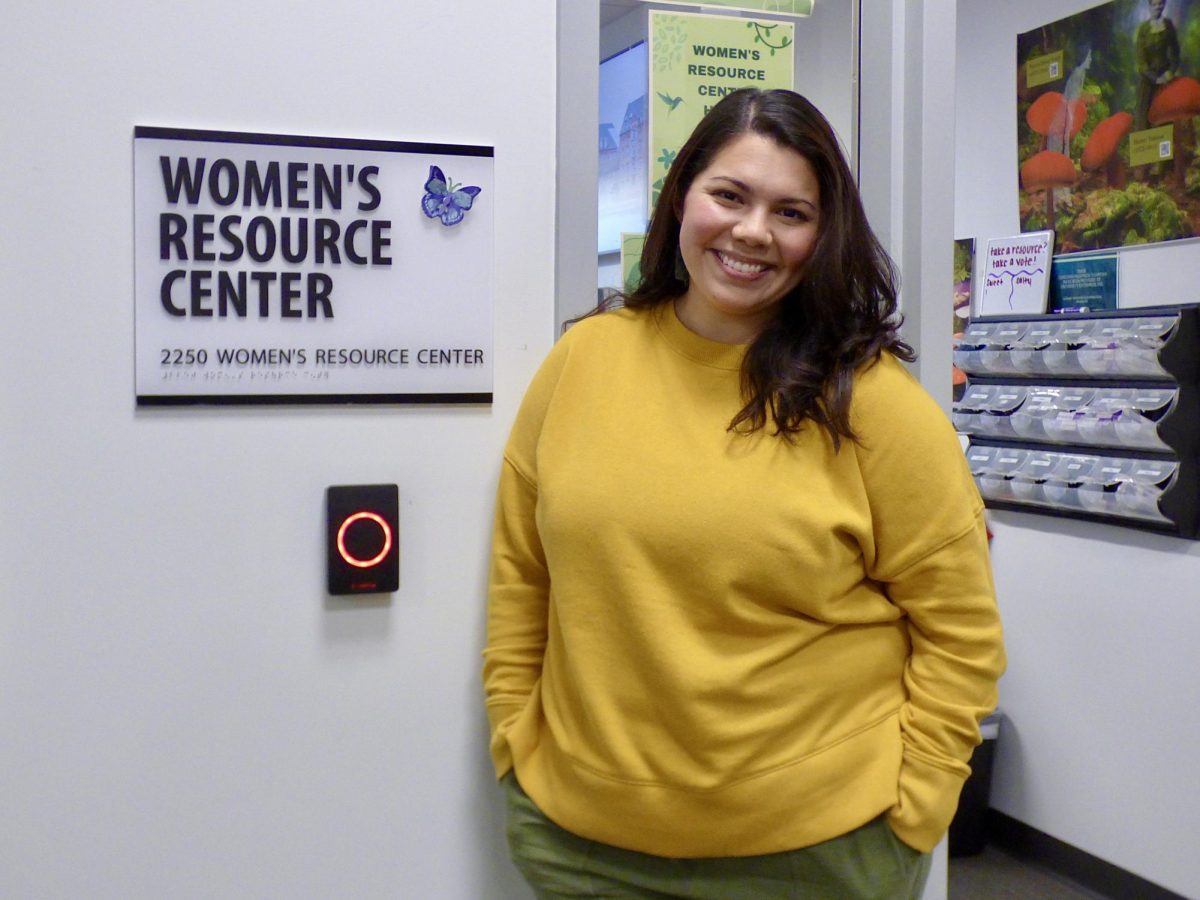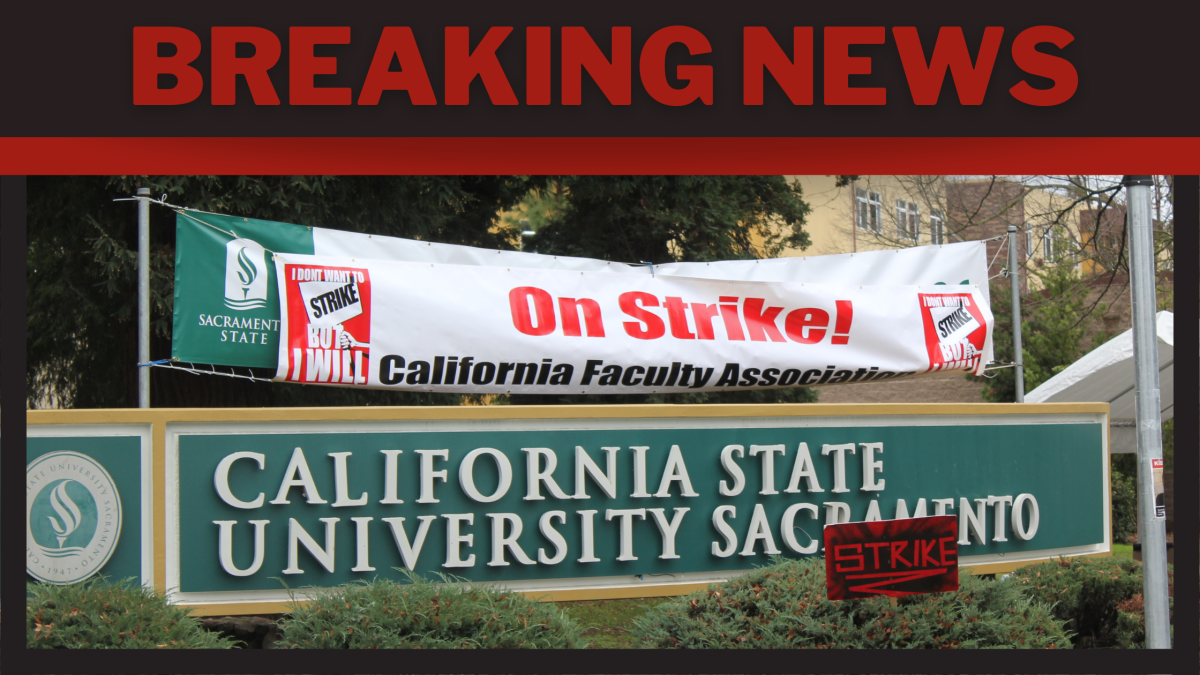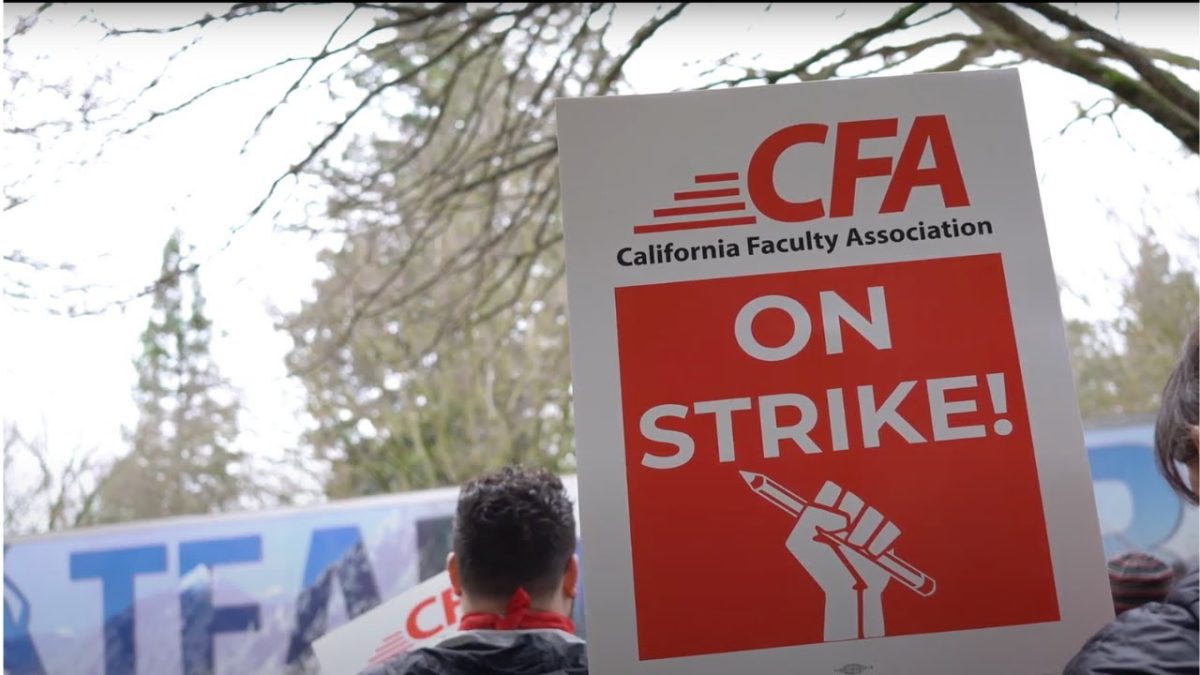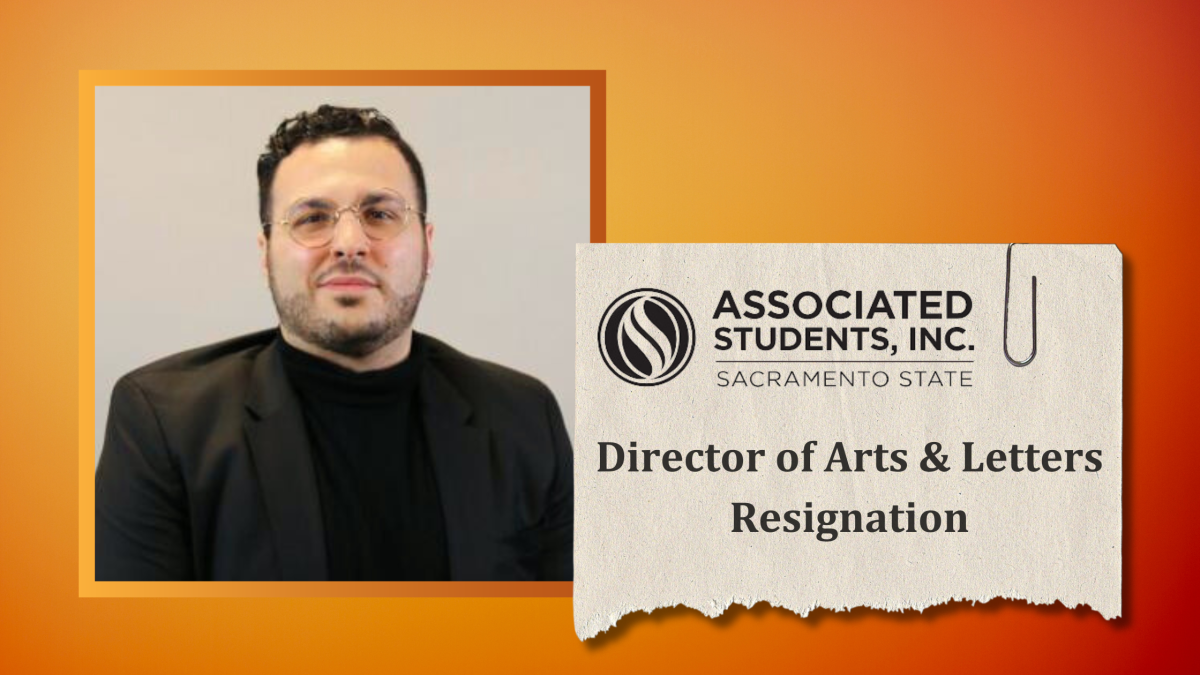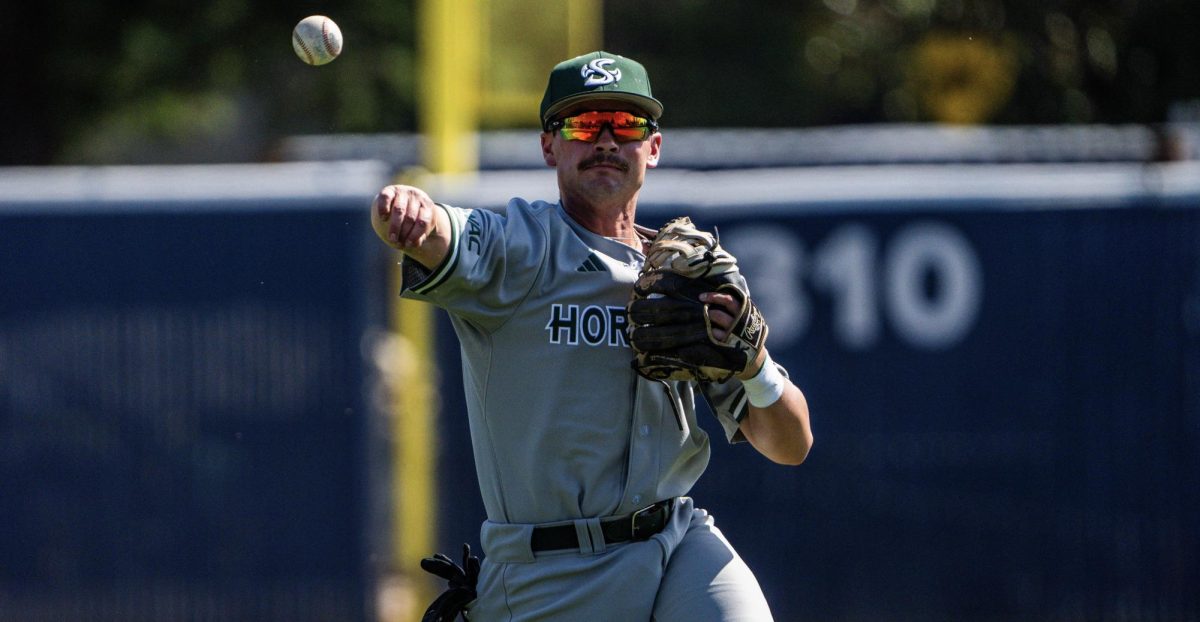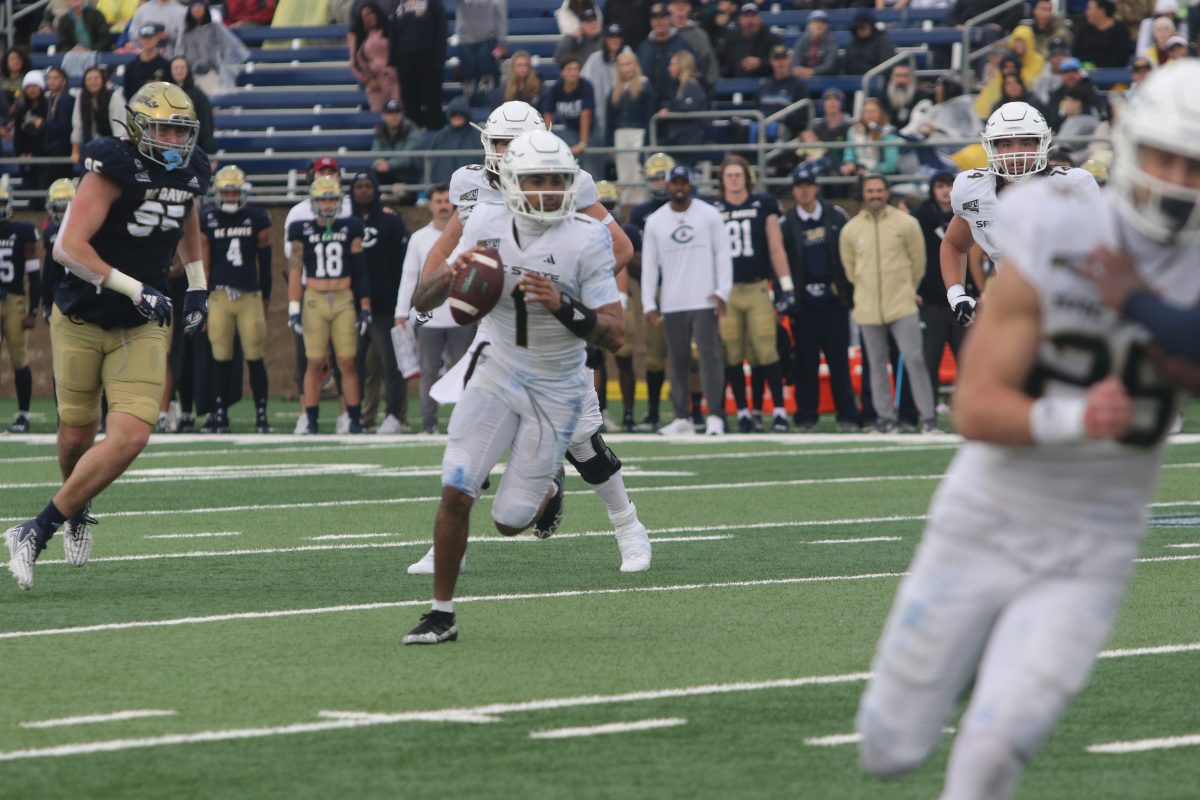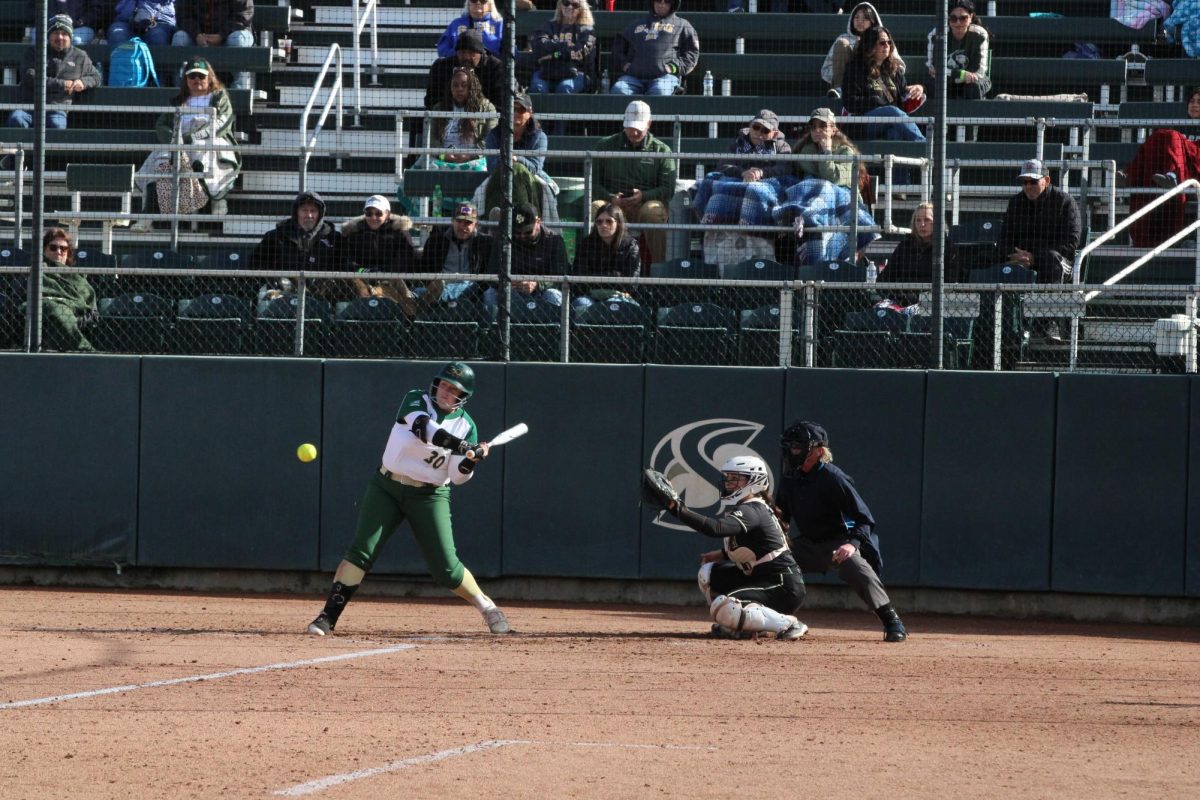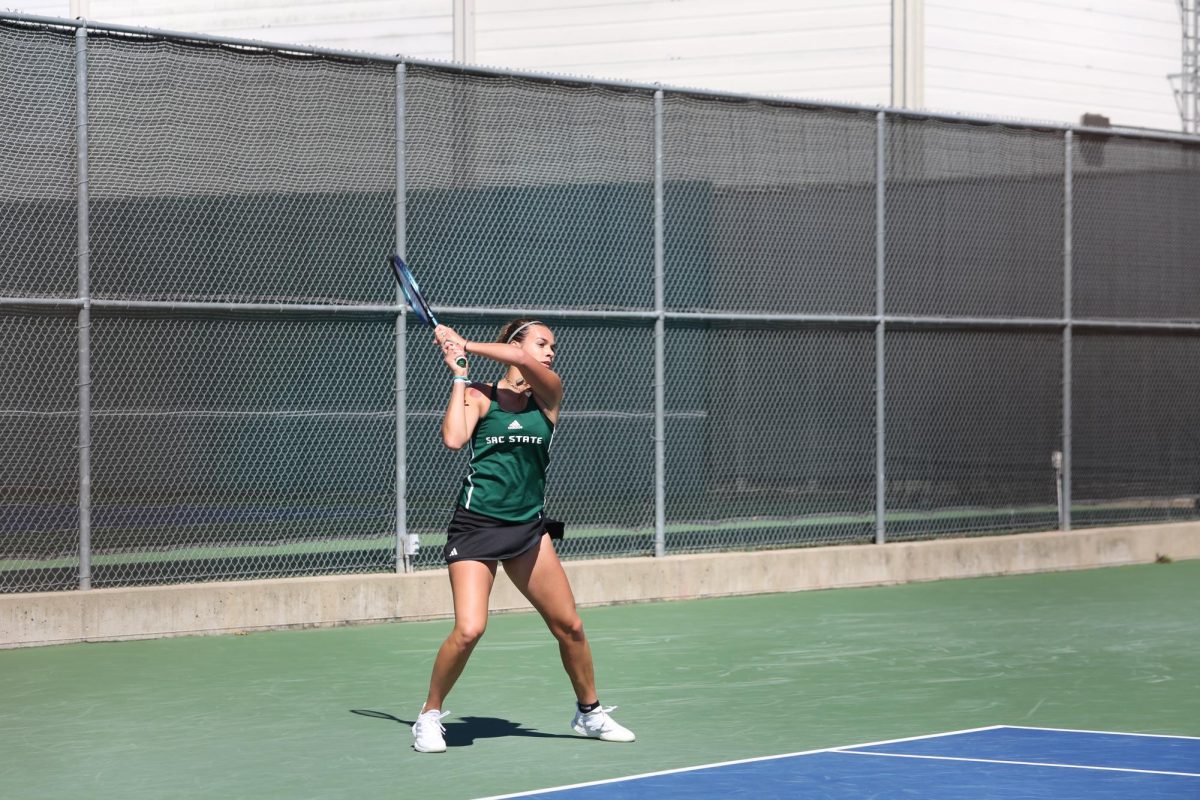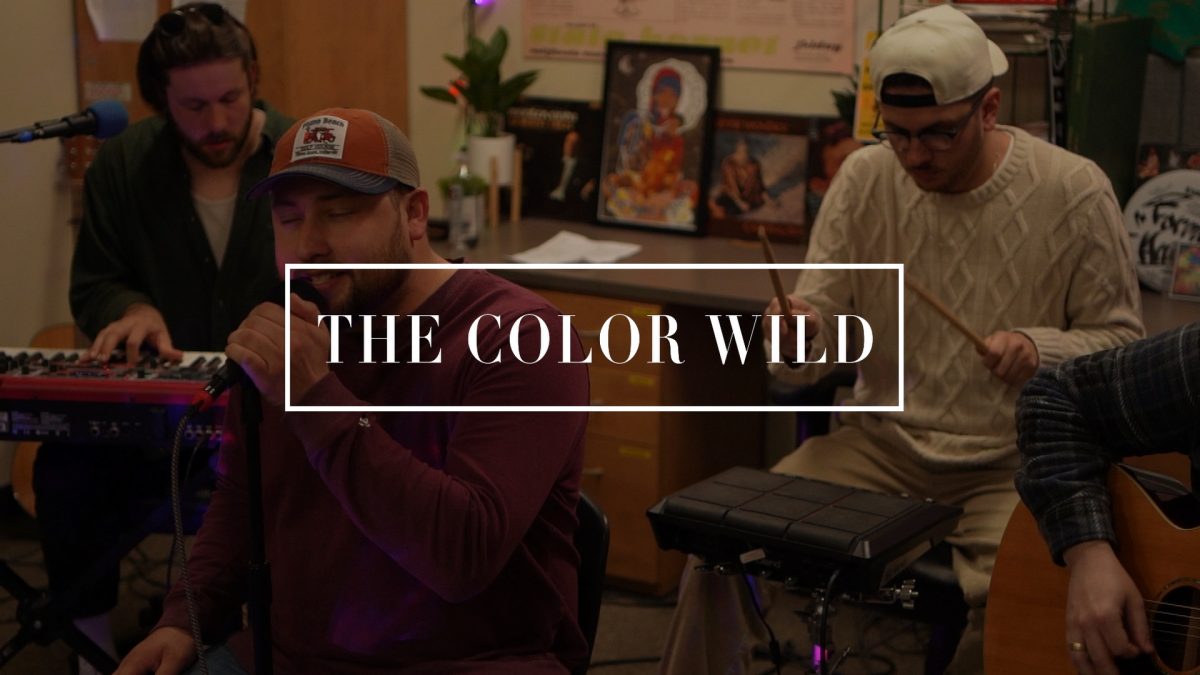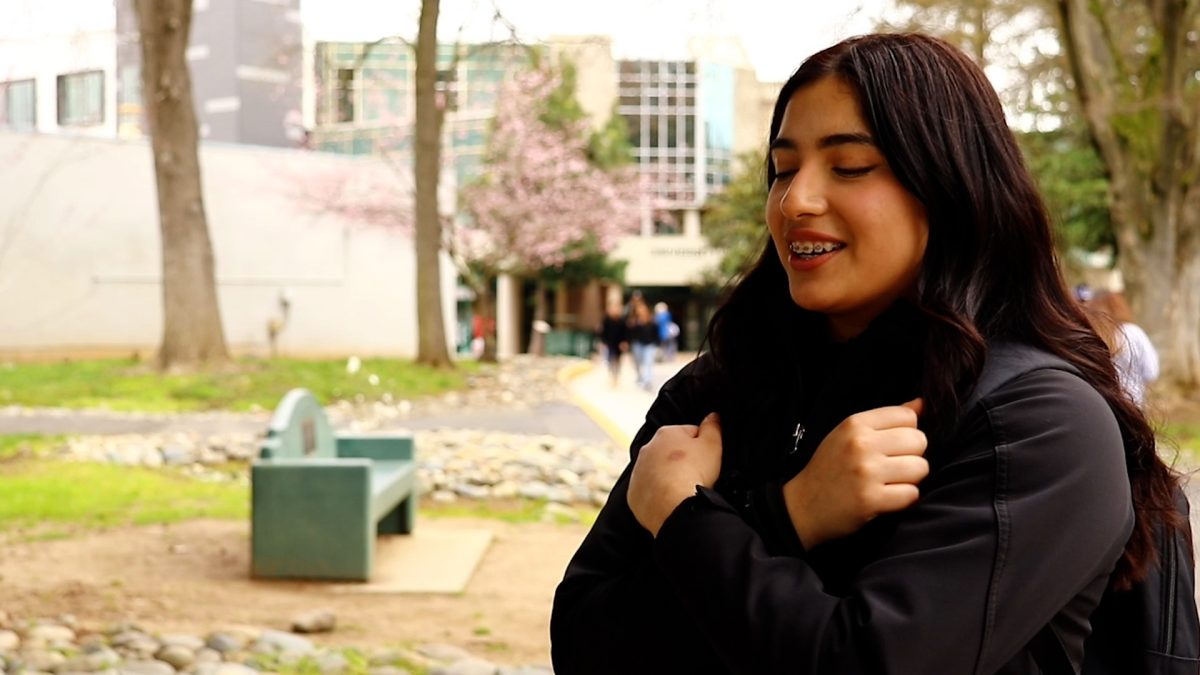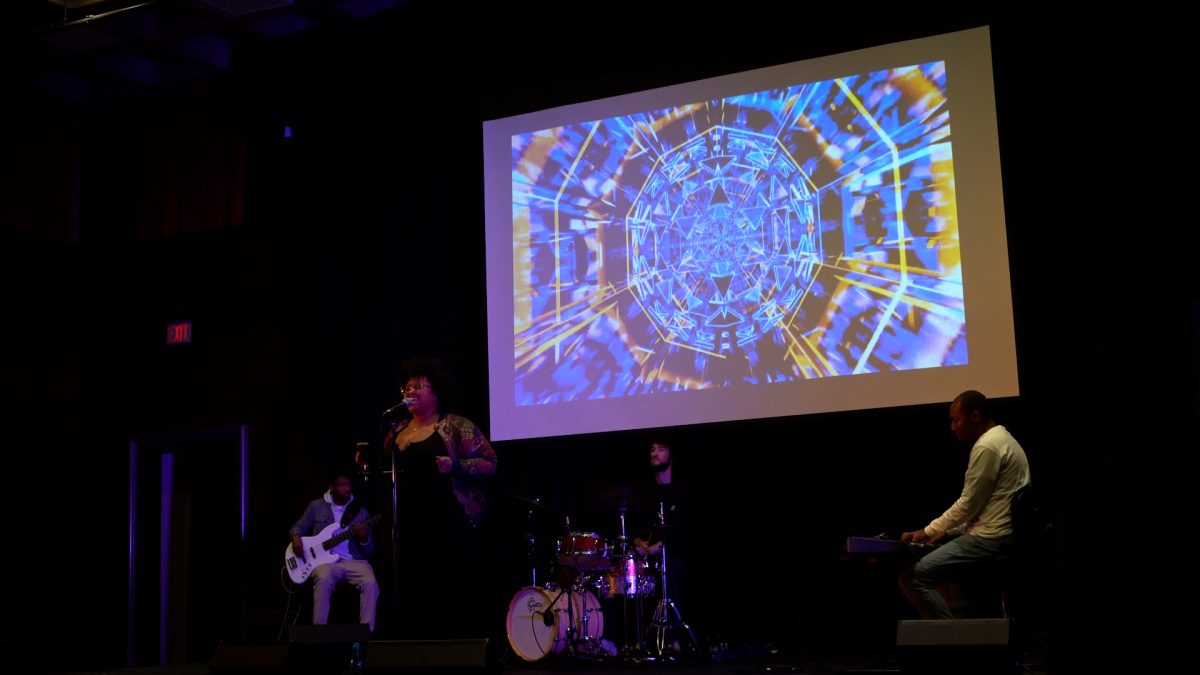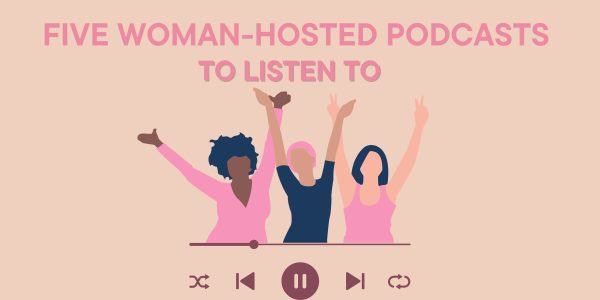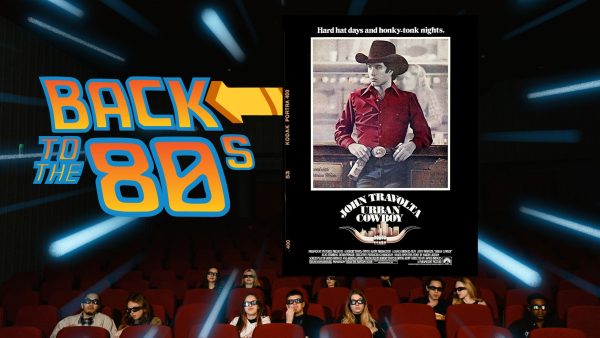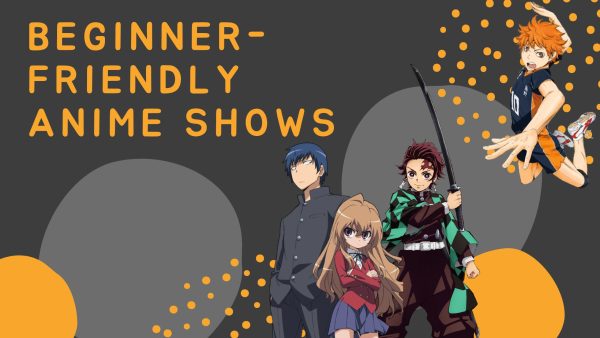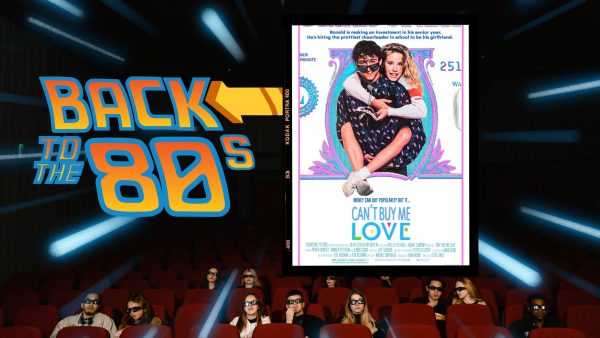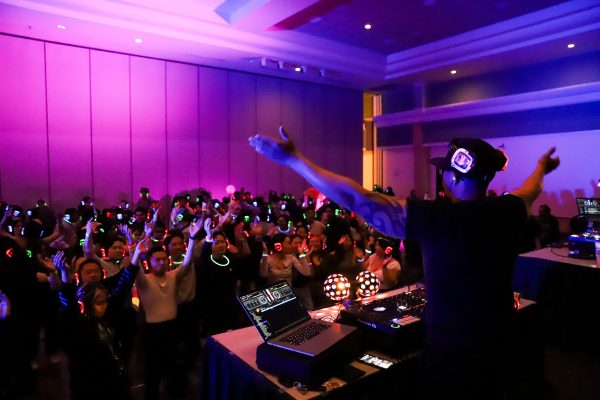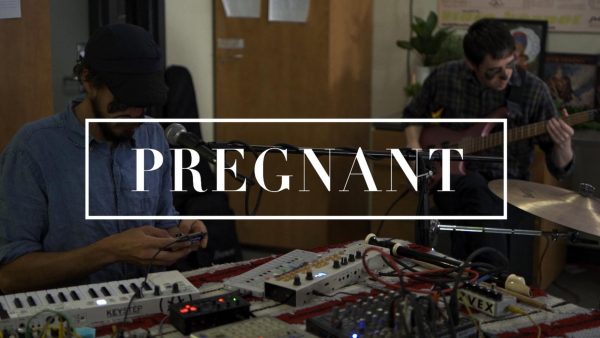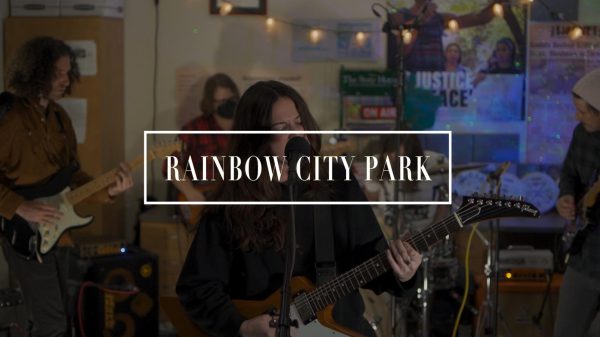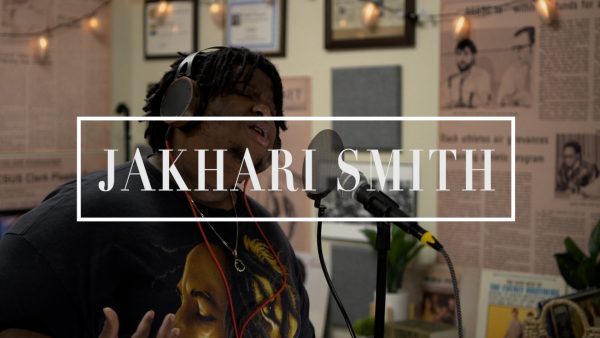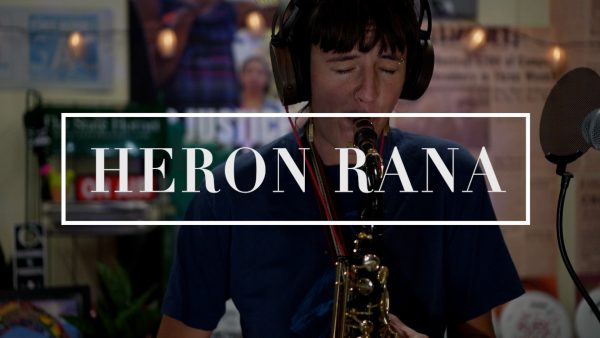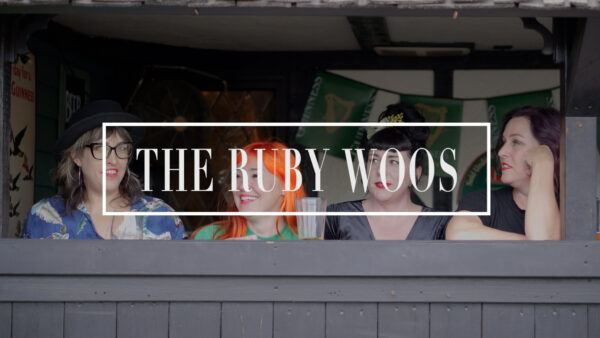Skateboarding: The big brand takeover makes it hard on the little guy
April 10, 2013
Skateboarders have always taken pride in being a part of the counterculture because all people are truly welcome in the skate community. This concept of non-exclusion is what gives skateboarding its appeal and it hasn’t gone unnoticed.
The last few years have seen a major rise in corporate involvement. Brands like Levi’s and New Balance are two of the more recent corporations to sponsor some of the most prized contributors in skateboarding.
While these large brands are welcomed by many skateboarders, they always make it very difficult for skater-owned-and-operated companies to thrive.
Skateboarding’s popularity in 2013 is as high as ever. Mall franchises like Zumiez and CCS sell everything skate-related from clothes to wheels. Small, skater-owned brands like Lakai Footwear are sold at these stores besides mammoth companies like Nike, Adidas, Converse and Dickies.
The landscape of any skate shop was very different 13 years ago. Big-name brands were nowhere to be seen. As time went by, and more kids picked up skating, large corporations outside of skateboarding wanted in on the action, which spawned the likes of Nike SB, Adidas Skateboarding and CONS.
“They are trying to go where the money’s at,” said junior communication studies Nick Taylor.
Nike was one of the first to be criticized for sponsoring well-respected professionals in the industry. Initially unwelcome by many, Nike gained a following by offering the public a superior product.
“I think Nike is one of the few companies that can do it just because they have so much money and so many resources to put into skateboarding,” said junior recreations parks and tourism administration Matt Gowans.
Other corporations have followed suit and have been very successful. Unfortunately, most skater-owned brands cannot offer what these huge companies can because their budget and influence outside of skateboarding isn’t impressive.
Core skate brands offer more than sponsorship but they also serve as a hub in the skate community by sponsoring events, putting demos and trips together or just making decisions. These factors often contribute to missing out on competing with the big brands.
Competing is tough when a core brand is trying to progress the sport and support the community it participates in while the big corporations are simply trying to move units.
“Core skateboard companies owned by skaters haven’t adjusted to what the consumer really desires from that skateboard company,” said FTC Sacramento skate shop co-owner Edward Lee.
These businesses don’t see skateboarding the same way the contributors do. The product that is sold to simply do the act is such a small portion of what skateboarding really is. But because you can’t buy style, speed or aggression, the corporations are going to try to offer their version of the ideal skater to you.
Additionally, it is difficult to be a skateboarder and vote with your wallet when it comes to supporting brands you might like – appearances are deceiving. For example, Vans shoes is owned by VF Corporation, the largest apparel corporation in the world. The highly respected East Coast brand Zoo York is owned by Iconix which owns Ed Hardy and Rocawear.
This shows us the big brand take over is already happening and only time will tell how far the skate community is willing to accept their presence.






